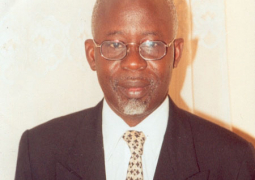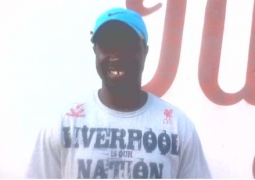The Commonwealth is a voluntary association of 54 countries that support each other and work together towards shared goals in democracy and development.
The world's largest and smallest, richest and poorest countries make up the Commonwealth and are home to two billion citizens of all faiths and ethnicities – over half of whom are 25 or under.
The Commonwealth, with roots as far back as the 1870s, believes that the best democracies are achieved through partnerships of governments, business and civil society.
This unique association was reconstituted in 1949 when Commonwealth Prime Ministers met and adopted what has become known as the 'London Declaration' where it was agreed all member countries would be "freely and equally associated."
Commonwealth countries work together in a spirit of cooperation, partnership and understanding. This openness and flexibility are integral to the Commonwealth’s effectiveness.
Emphasis on equality has helped it play a lead role in decolonisation, combating racism and advancing sustainable development in poor countries.
The most recent member is Rwanda, which was admitted at the 2009 Commonwealth Heads of Government Meeting in Trinidad and Tobago. Cameroon and Mozambique were the most recent members, with Mozambique being the first country to join with no historical or administrative association with any of the Commonwealth countries.
Every year, second Monday of March, people all around the Commonwealth get together to celebrate this special partnership of nations, peoples and ideals, which make the Commonwealth unique.
This year the theme of the commemoration is Science, Technology and Society.
To mark the day, the Head of the Commonwealth Queen Elizabeth II, delivers her Commonwealth Day Message and leads a multi-faith observance at Westminster Abbey in London.
In her message, Her Majesty noted that societies are constantly seeking ways to improve their quality of life, as science and technology play a vital part in that search.
It's worth mentioning that now adays there exists more opportunities for improving people’s lives than ever before.
As the Queen put it, take long distance communication, where the obstacles of time and geography have been dramatically reduced: people can now use mobile phones to be in instant contact virtually anywhere in the world.
"Advances in modern telecommunications are also having a marked economic effect on people from developing nations in the Commonwealth, helping to transform small to medium-sized businesses. The internet is playing an important part in helping to nurture these fledgling markets, but as yet, it still remains an unaffordable option for too many of our Commonwealth citizens."
Progress in the fields of healthcare, manufacturing, and education have, for the most part, helped improve people’s lives throughout the world. In the health sector, the Commonwealth has shown how collaborative schemes can successfully assist member states to fight pandemics and diseases.
The Commonwealth should continue to help and encourage young people to participate in exciting new opportunities. The need for member states to share their knowledge in the field of science and technology is crucial.
Our societies must remain focused in leading the way to sustainable development and we expect commonwealth member states to lead the drive.
"It's a way of helping a part of our society that can face these kind of barriers."
Tony Hozeny
Read Other Articles In Article (Archive)
Man in court for attempting to commit a felony
May 6, 2015, 10:32 AM



